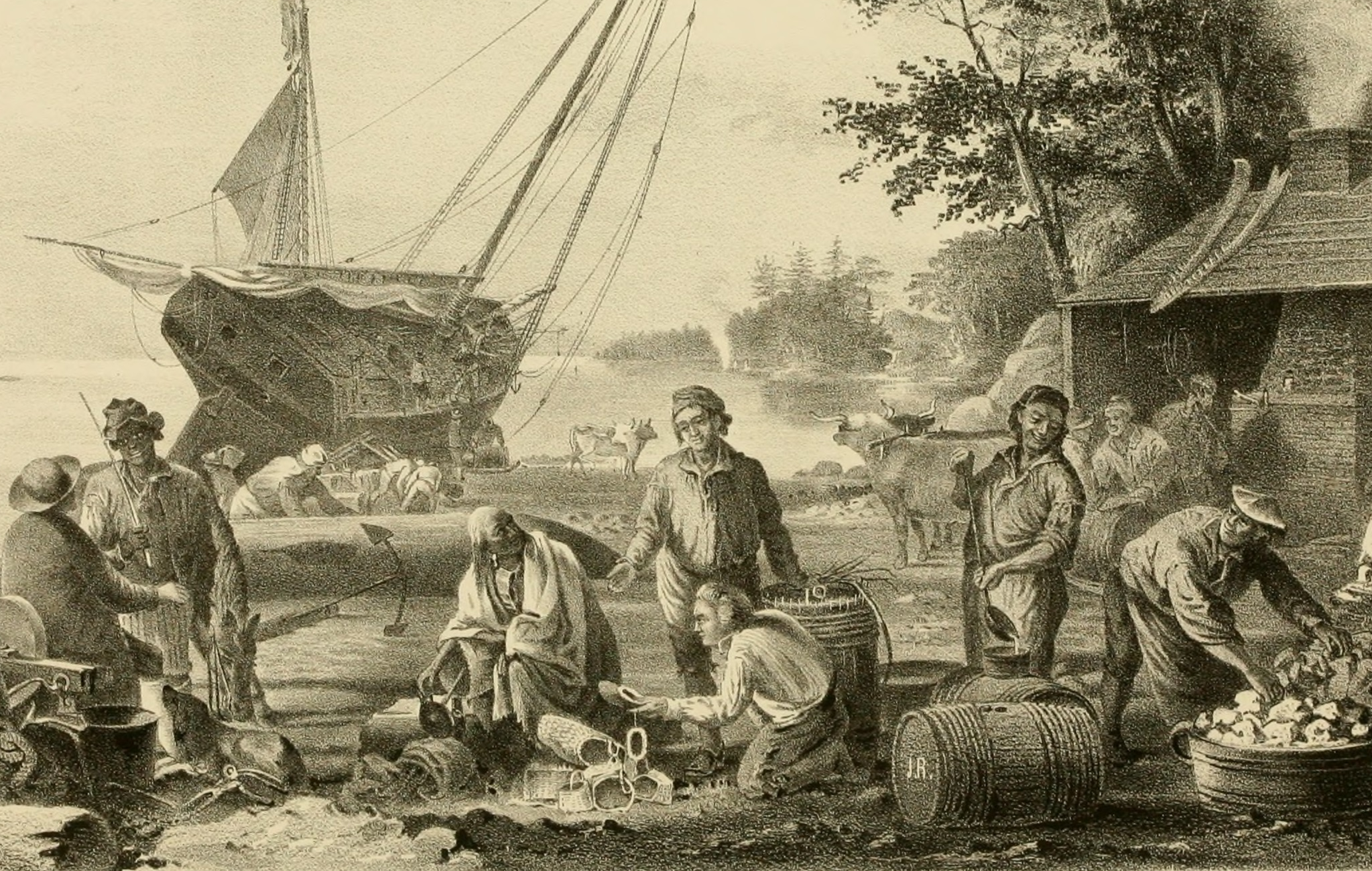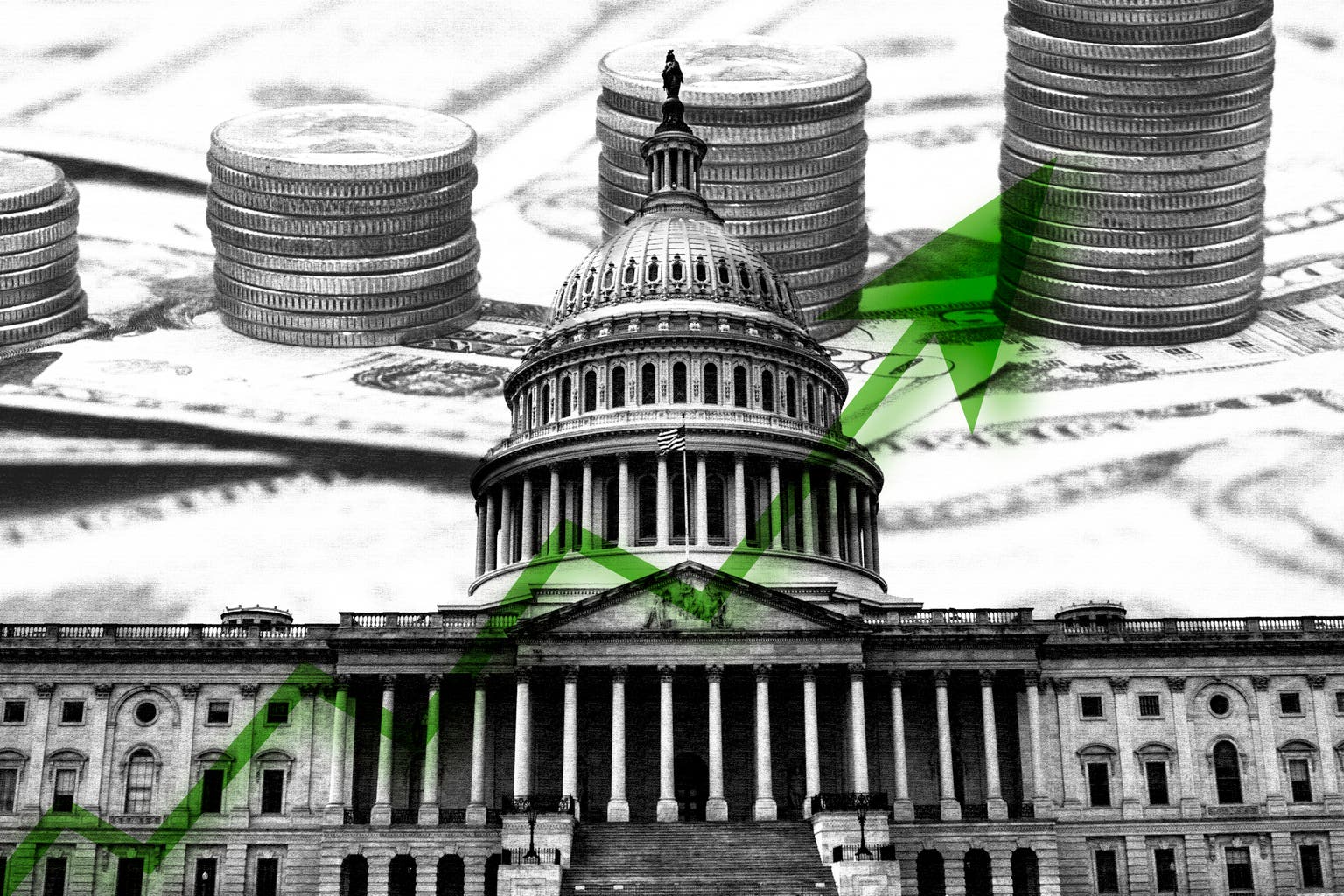By Ambar Warrick
Investing.com– Most Asian markets fell slightly on Friday amid concerns over rising COVID-19 cases in China, but were headed for weekly gains as dovish signals from the Federal Reserve boosted broader appetite for risk-driven assets.
Hong Kong’s index was among the worst performers for the day, losing 0.7%, while the index lost 0.1%.
Chinese stocks rose on Friday, but the blue-chip index was headed for a mild weekly loss as the country logged a record-high rise in daily COVID-19 infections.
The country introduced new lockdowns in several major cities, which also sparked some civil unrest in , which plays a key role in the technology supply chain.
Despite Friday’s gains, Chinese bourses were largely set to underperform their regional peers this week, as investors feared that renewed lockdown measures in China will once again hamper economic growth.
November’s , due next week, are set to shine more light on China’s economy, with data from October already painting a dour picture for the fourth quarter.
Japan’s index fell 0.3% as rising heralded more economic headwinds for the country.
But the index was set to rise over 1% this week, buoyed by strength in technology stocks after the Federal Reserve signaled that it was considering raising .
The of the Fed’s November meeting showed that a growing number of members supported a slower pace of rate hikes in order to gauge the economic impact of tightening monetary policy.
While Fed members are still uncertain over where U.S. rates will peak, the prospect of smaller rate hikes bodes positively for Asian stocks, which were battered by rising rates this year.
Southeast Asian stock markets were the best performers this week, as traders piled into heavily discounted, high-risk, and high-yield assets.
rose 0.7% on Friday, and were set to gain 1.6% this week. fell 0.7% amid some profit taking, but were the best performers in Asia this week with an over 2% jump.
Easing political tensions in the country aided sentiment, after veteran politician Anwar Ibrahim was named as the next Malaysian Prime minister, breaking nearly a week of political deadlock.














